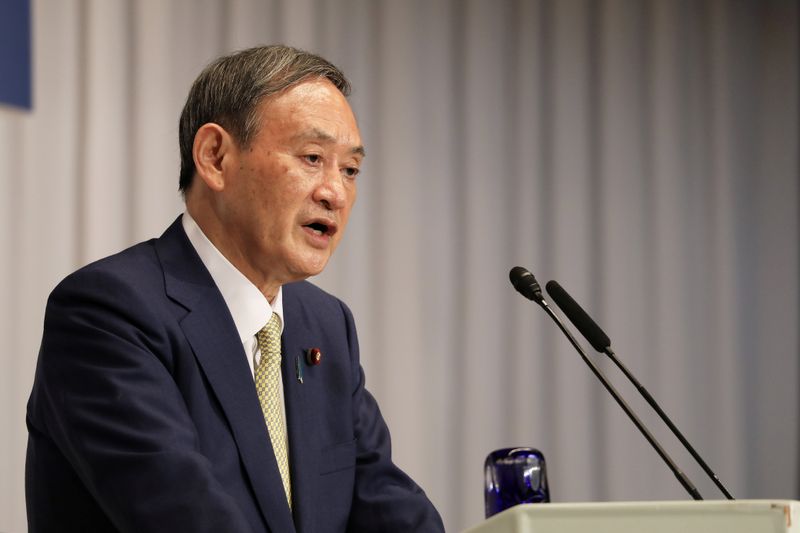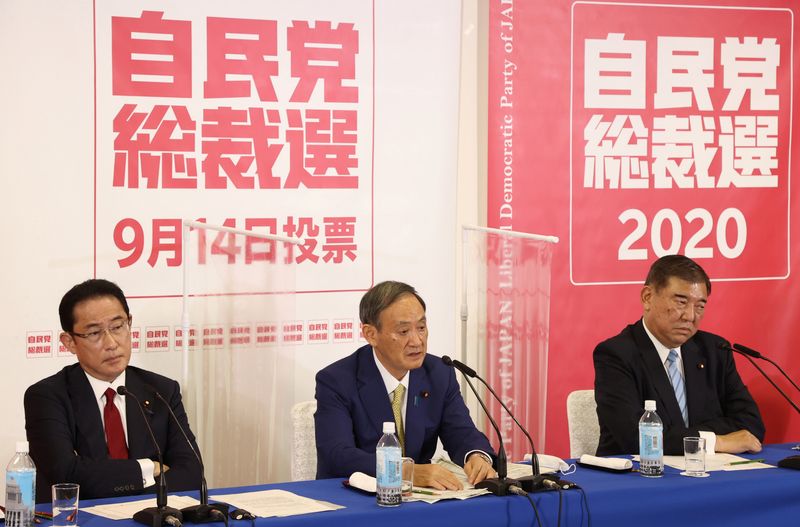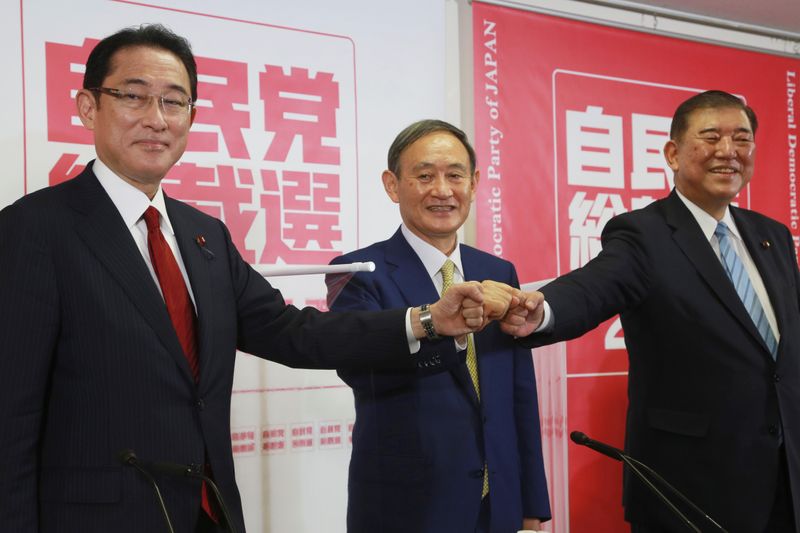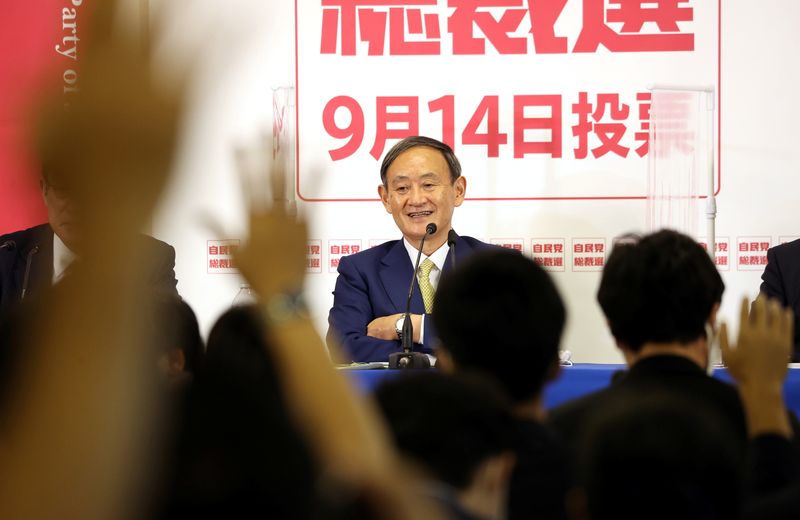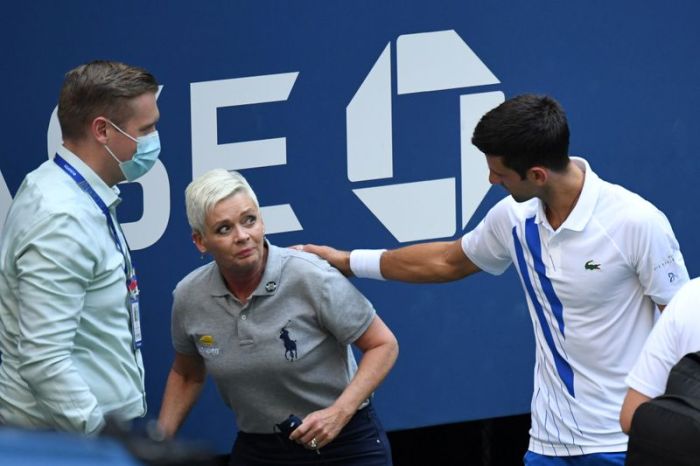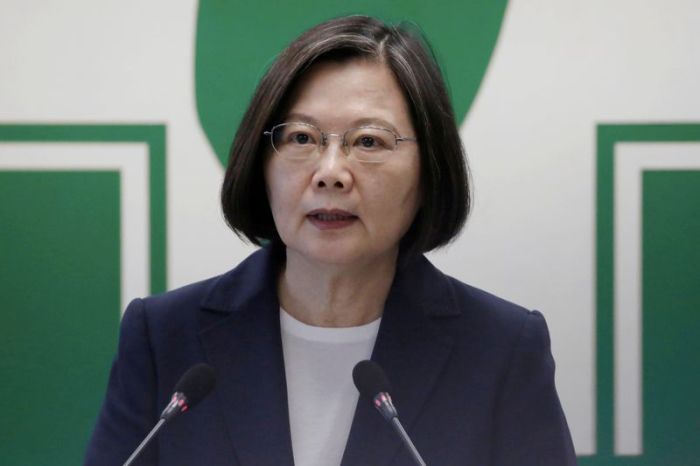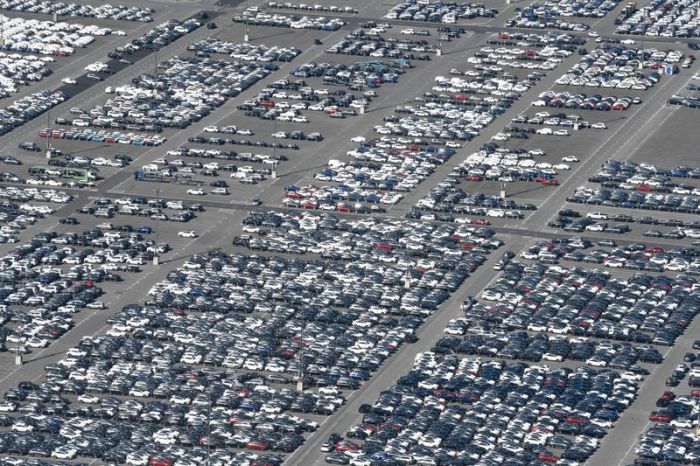TOKYO (Reuters) – As Japan’s ruling party formally kicked off its leadership race on Tuesday, frontrunner and chief cabinet secretary Yoshihide Suga said that preventing the spread of the coronavirus should take priority in any decision to call a snap election.
Suga, a favourite to succeed incumbent Prime Minister Shinzo Abe, who is stepping down due to poor health, also stressed that the biggest job for the new prime minister will be to revive the coronavirus-ravaged economy.
“What all of our people are expecting is to see the coronavirus infection contained as soon as possible so they can feel safe and their daily lives return to normal,” Suga told a TV Asahi programme on Tuesday.
“I have been saying all along that given the current circumstances, I don’t think we can talk about dissolving parliament,” he added.
Suga is widely expected to win the Liberal Democratic Party’s (LDP) leadership election on Sept. 14, a date set after Abe’s decision to step down. The winner is virtually assured of becoming premier because of the LDP’s parliamentary majority.
Markets have been rife with speculation that if elected, Suga might dissolve parliament and call a snap election to solidify his political grip.
He signalled in an Asahi Shimbun interview that there was a chance of calling a snap elections but cautioned that the coronavirus would impact any such decision.
That speculation got a boost after opinion polls showed a jump in voter approval of Suga and of Abe’s achievements.
The LDP leadership race among Suga and two rivals – former defence minister Shigeru Ishiba and ex-foreign minister Fumio Kishida – kicked off formally on Tuesday.
But Suga, chief cabinet secretary since December 2012, has already locked in support from most of the party’s factions.
In his first campaign speech, Suga, 71, said he would pursue his boss’s signature “Abenomics” policies of ultra-easy monetary policy and government spending, while grappling with the twin challenges of a coronavirus outbreak and reviving the economy.
“The key in this ruling party election is how to revive an economy that suffered its biggest postwar slump,” he told a news conference. “That’s the responsibility for someone who will lead the country.”
Suga later told a separate programme broadcast by TBS that if he were to become prime minister, his key goal will also be to break down bureaucratic barriers so government agencies work together towards a common mission.
“We must do away with vested interests and promote deregulation,” he said.
Suga spoke after data earlier on Tuesday showed Japan’s economy sank deeper into its worst postwar contraction in the second quarter, underscoring the challenges the new prime minister face in easing the blow from COVID-19.
Suga, who has little diplomatic experience, will also confront a range of geopolitical challenges, including building ties with the winner of the U.S. presidential election and dealing with China over its maritime assertiveness.
In remarks light on security and foreign affairs, Suga said Japan’s security environment was tough and said he wanted to build “stable ties” with Japan’s neighbours, including China.
He gave little space to the issue of revising Japan’s post-war, pacifist constitution – one of Abe’s cherished goals – saying only he wanted to pursue “constructive debate” that went beyond the ruling-opposition parties’ divide.
(Additional reporting by Tetsushi Kajimoto, Yoshifumi Takemoto, Antoni Slodkowski, Ju-min Park and Elaine Lies; Editing by Stephen Coates, Gerry Doyle & Shri Navaratnam)

